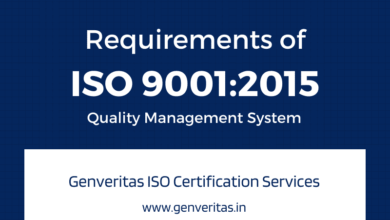ISO 22000:2018 – Food Safety Management System

ISO 22000:2018, Food safety management systems – Requirements for any organization in the food chain, sets out the requirements for a food safety management system. It defines what an organization must do to demonstrate its ability to control food safety hazards and ensure that food is safe for consumption.
The aim of the ISO 22000 is to harmonize the requirements for food safety management on a global level. The standard contributes to ensure food safety throughout the whole food chain, from farm to table. ISO 22000:2018 applies the ISO High Level Structure (HLS), common for all ISO standards. As it follows the same structure as other widely applied ISO standards, such as ISO 9001 and ISO 14001, it will be easier to integrate with other management systems. Some of the changes in ISO 22001:2018 are induced by the HLS, but in addition there are some that are specific for food safety management and the current business environment. .The consequences of unsafe food can be serious and ISO’s food safety management standards help organizations identify and control food safety hazards. As many of today’s food products repeatedly cross national boundaries, International Standards are needed to ensure the safety of the global food supply chain.
ISO 22000:2018 benefits :
ISO 22000 enables organizations to put in place a
food safety management system that helps them
improve their overall performance when it comes
to food safety.
Key potential benefits of using the standard include:
• The ability to consistently provide food-related
products and services that are safe and meet
regulatory requirements.
• Improved management of risks in food safety
processes.
• Demonstrating strong links to the United Nations’
Codex Alimentarius, which develops food safety
guidelines for governments.
Food Safety Management System Consultants | ISO Certification Consultants in Indore | ISO Quality Certification Services |sharkindia | Food Safety Management System | International Standards | Context of Organisation |Risk-Based Thinking | Customer Satisfaction| Food Safety Control Objectives | Food Safety Policy| Food Safety Performance & Improvement| Critical Control Points | Prerequisite Programmes (PRPs) | Food Safety Objectives|Hazard Analysis|CODEX| ISO/TC 34/SC 17 | HACCP | Food Safety Risk Assessment | Leadership and Commitment | Food Chain |Hazard Identification|Continual improvement|Risks and Opportunities|Emergency Preparedness & Response|Operational Prerequisite Programme (OPRP)|Traceability System|Food Products






